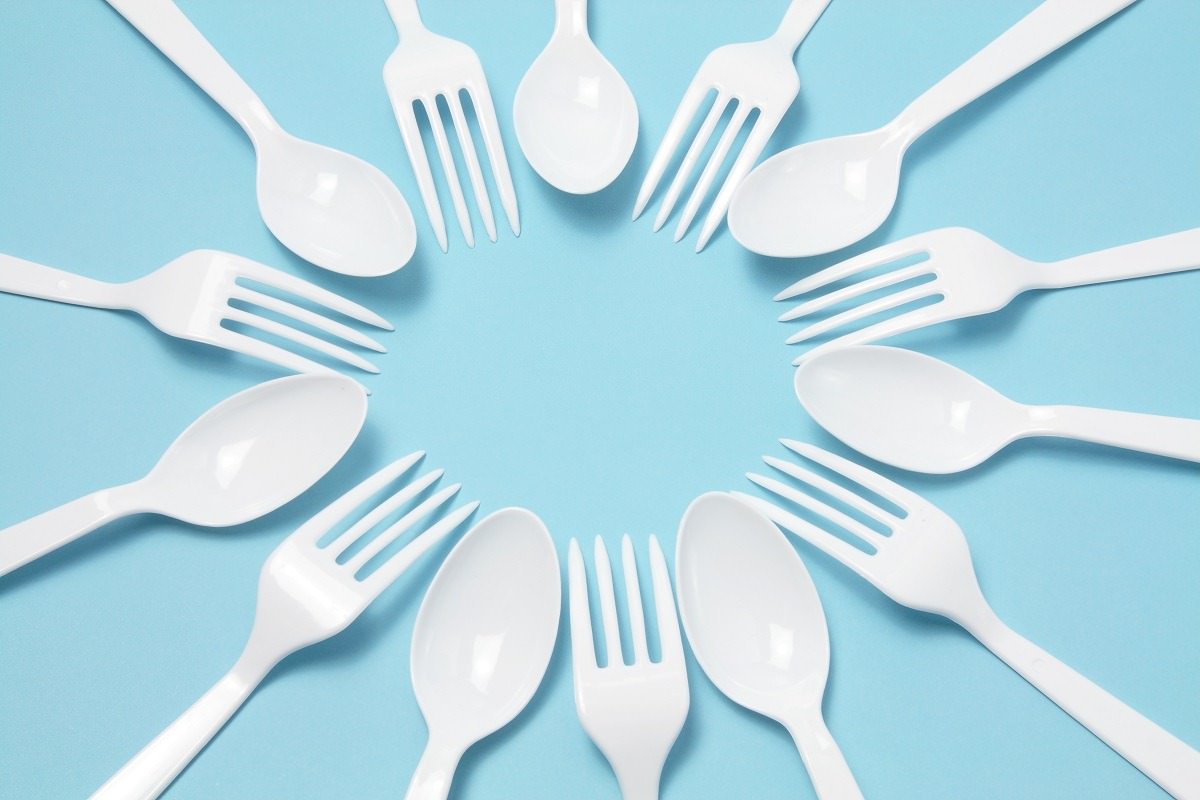
Plastic utensils are not recyclable. Instead of buying disposable items with the hope of recycling them, opt for reusable or compostable alternatives. It’s time to shift away from plastic utensils, plates, cups, and bowls as many regions are implementing bans on single-use plastics.
However, if you already have plastic utensils from various sources and want to prevent them from ending up in landfills, there are hurdles to recycling them. Issues like inconsistent materials, unorthodox shapes, and changes in international recycling markets make it challenging for local programs to accept these items.
1. Inconsistent Materials
Plastic utensils come in different plastics like polystyrene, PET, and polypropylene, making it hard to identify the resin type without proper labeling. To avoid confusion, it’s best to keep plastic utensils out of your recycling bin unless your program explicitly states it accepts all plastics.
2. Unorthodox Shape
Plastic utensils can cause machinery jams at materials recovery facilities, leading to contamination issues. These facilities are optimized for sorting materials like aluminum cans and plastic bottles, not utensils.
3. The China Conundrum
China’s restrictions on plastic imports have impacted the recycling of rigid plastics like utensils in the U.S., changing the landscape of plastic recycling.
Replace Single-Use With Compostable and Reusable Alternatives
The simplest way to address recycling challenges is to switch to compostable or reusable alternatives. Look for compostable fiber-based utensils or invest in durable metal ones. Consider options like compostable paper plates, wooden utensils, bamboo utensils, or reusable utensil sets as eco-friendly choices.
Ultimately, the ability to recycle plastic utensils varies by location and market conditions. To reduce waste and promote sustainability, prioritize reusable utensils over disposable ones.
Editor’s Note: An earlier version of this article was published on May 25, 2018. It was comprehensively updated in March 2024.






